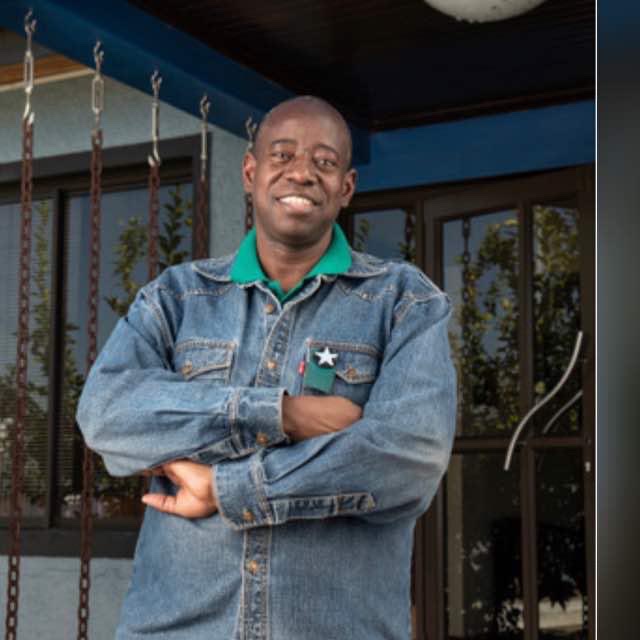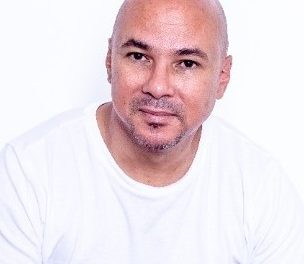
Disability and discrimination to be highlighted on National Disability Day

By Tjiueza Tjombumbi
Head of department at the National Disability Council of Namibia.
On 10 June, Namibia celebrates National Disability Day, an annual day celebrated and promotes equality before the law and in practice.
This day is essential, as too often people with disabilities of any kind are still marginalized and discriminated against in one way or another. On top of that facilities, access and budgets are woefully inadequate to assist persons with disabilities. This is why we celebrate and focus on National Disability Day.
One of the things which we need to do is to create a world and a nation without discrimination, to speak up and prevent discrimination from standing in the way of achieving ambitions, goals, and dreams. As a disability advocate in my capacity and an employee of the National Disability Council of Namibia (NDCN), this is a topic that is close to my heart.
Persons with disabilities are constantly discriminated against, often without others being aware of it. Buildings, public transport, infrastructure, cities, towns, and generally life discriminate against people with disabilities. In this article, I would like to simply point out how persons with disabilities are discriminated against. A day like National Disability Day, give us a great opportunity to have this conversation. We won’t get rid of discrimination away by waving a magic wand, but we can start by facing up to facts.
People would be horrified if they were told that they discriminate against persons with disabilities, however, most do discriminate, without knowing it. It starts with accessibility and the lack thereof; we don’t plan or create the infrastructure that is wheelchair accessible.
But the lack of wheelchair accessibility is just the tip of the iceberg. Our society is simply not designed for people who are deaf, and or visually impaired. How do people that are visually impaired check a menu, without a Braille menu, or some other way to access a menu, maybe through audio?
People dump their cars in the parking bay meant for somebody with physical disabilities, without a second thought. Just to think about whether you are doing the right thing or not. They are always just quickly ‘running in for an errand.’ It simply does not occur to people that those parking spaces need to be kept open for a reason.
More so, most security guards, give that parking away for a few coins and when a person needs to park there, the spot is already occupied. The same goes for toilets with wheelchair access, these toilets need to remain open for persons with disabilities and not to be used and abused because people can’t be bothered to use the toilet up or downstairs. Sometimes these toilets are even used as storerooms.
We as a nation must break the cycle of prejudices that we have towards persons with disabilities. Just because they are visually impaired or deaf, does not mean that they cannot be a full-time and productive member of an organization or company.
They do not want special treatment, they just want to be seen for what they are, which are members of society that want to participate equally and fully. Persons with disabilities are stigmatized and treated like children. If we do not address this discrimination head-on, it will never be eradicated.
As stated earlier, most people are not even aware they are discriminating against persons with disabilities, and that is why National Disability Day is so important. It is a great opportunity to continue raising awareness of discrimination against persons with disabilities to change people’s perceptions and attitudes. The more we talk about it, the more it will become the norm to make society more inclusive and accessible for all including those with disabilities.












































